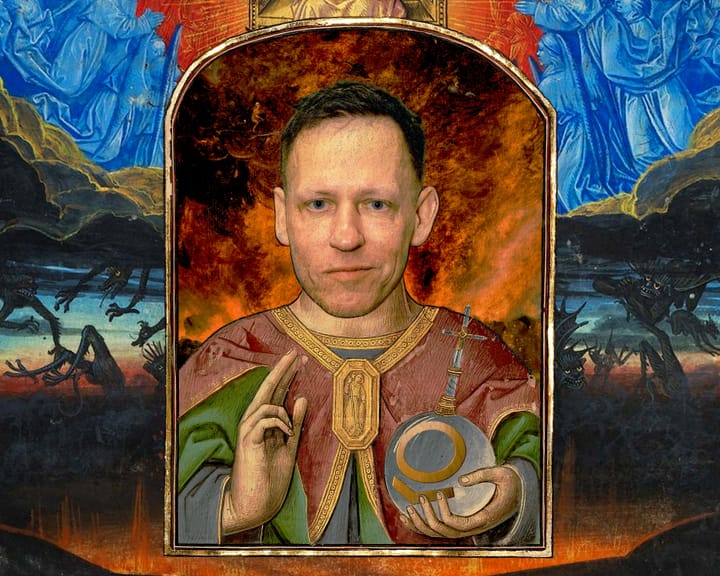A stealth bomber streaks across the dimming sky toward Iran. Meanwhile, in Tehran, a lone woman scatters food for stray cats among the debris left by recent airstrikes.
At first glance, one might assume this is a dramatic reenactment of a recent geopolitical crisis—filmed quickly on location in the Middle East.
Yet despite its polished appearance, no cameras were involved, no physical set existed, and the woman tending to the cats is neither an actor nor a real person.
The gripping footage is an early version of a 12-minute short film about last month’s U.S. strikes on Iranian nuclear sites, created by directors Samir Mallal and Bouha Kazmi—entirely through artificial intelligence.
The scene was inspired by a detail the filmmakers came across in news reports: a woman braving the deserted streets of Tehran to feed strays. Using that fragment of information, they constructed a sequence that could pass as the work of a Hollywood production.
Broadcasting experts have taken note of the striking speed—and, for some, the unsettling ease—with which such films can now be produced.
Recently, Richard Osman, a TV producer and bestselling author, stated that one era of entertainment history had ended and another had begun, driven by Google’s release of a new AI video tool used by Mallal and others.
“I saw this and thought, ‘Alright, that’s the close of one chapter in entertainment and the start of another,’” he remarked on *The Rest is Entertainment* podcast.
Osman predicted: “TikTok, promotional clips, trailers—anything along those lines—will be mostly AI-assisted by 2027.”
For Mallal, an award-winning London-based documentary filmmaker, AI has introduced a new medium: “cinematic news.”
His latest work, *Midnight Drop*, follows *Spiders in the Sky*, a re-creation of a Ukrainian drone strike on Russian bombers in June.
Working alone, Mallal produced *Spiders in the Sky* in just two weeks—a project that, before AI, would have required years of development and millions in funding.
“With AI, we can create things that were previously unimaginable,” he said. “We’ve never had a cinematic news piece produced in two weeks, or a news-based thriller made that quickly.”
*Spiders in the Sky* relied heavily on Veo3, an AI video-generation model from Google, alongside other AI tools. While the narration, script, and music were not AI-generated, ChatGPT assisted Mallal in editing an interview with a drone operator that anchored the film’s narrative.
Google’s filmmaking tool, Flow, powered by Veo3, also generates speech, sound effects, and ambient noise. Since its launch in May, its influence on platforms like YouTube—also owned by Google—and social media has been significant.
Read next

"AirPods Pro 3 reviewed: Upgraded battery, superior noise cancellation, top-tier performance"
Apple’s widely used AirPods Pro wireless earbuds have returned for their third iteration, offering improvements in comfort, battery performance, integrated heart rate tracking, and enhanced noise cancellation. The new model appears poised to be as prevalent as earlier versions.
Three years have passed since the previous release, yet the

"Peter Thiel's secret talks on antichrist shed more light on him than doomsday"
Peter Thiel’s Unusual Academic Pursuits
Peter Thiel is known for his skepticism toward academia. Yet, in four recent private lectures in San Francisco discussing the antichrist, the billionaire investor has made an unexpected case for intellectual credentials.
During these wide-ranging talks, Thiel appeared to channel the eclectic thinking he

"X resolves $128M severance dispute with former Twitter executives"
# Elon Musk and X Reach Settlement with Former Twitter Executives Over Severance Dispute
Elon Musk and X have resolved a legal dispute with four former high-ranking executives of Twitter, including the company’s ex-CEO, who alleged that the billionaire withheld $128 million in severance payments after acquiring the social media

